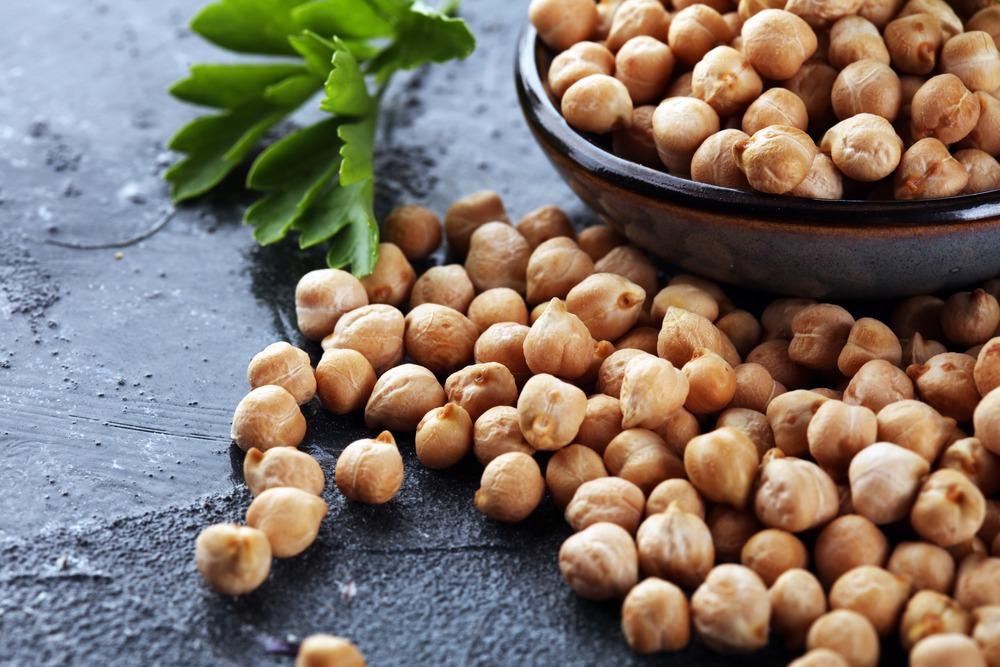According to current research, one to three main genes determine the flowering time in wild cousins of chickpeas.

Image Credit: beats1/Shutterstock.com
Durham University bioscientists collaborated with scientists from Harran University in Turkey and the University of California Davis in the United States on the research.
Early flowering types of chickpeas can generate seeds before experiencing late summer dryness and high temperatures in Turkey, according to the researchers.
They developed ten genetically distinct chickpea families from crosses between wild individual chickpeas gathered from various areas throughout their native range in southern Turkey and farmed chickpea.
They nurtured these families, which consisted of hundreds of individual chickpea plants, in the ground at the Harran University farm in Southern Turkey, and assessed a variety of performance parameters.
The researchers looked at flowering time data to see how many genes were involved in its variance. Multiple genetic markers situated across the chickpea genome were measured and analyzed at Durham University, together with flowering time data, to discover the genomic locations of the key genes that impact the characteristics in two of these families.
Their groundbreaking research is yielding new insights into chickpea breeding efforts and has already resulted in locally adapted cultivars to help Turkey and Syria boost agricultural productivity.
The full results of their research, which include the breeding of climate-resilient chickpea by transferring valuable gene variants from wild crop relatives, were published in the journal Agriculture.
Working together with my colleagues from Syria and Turkey has enabled us to contribute to breeding locally adapted chickpea varieties.”
Dr Adrian Brennan, Study Co-Author, Durham University
Chickpea is one of the world’s most significant food legume crops and one of the oldest cultivated plants from the Middle East.
The results of the study will enable more investigation into the genetic variance for the flowering time that exists in wild chickpea groups. It will also allow the creation of genetic markers for gene variants of interest, which may be used to speed up and improve future breeding attempts.
The Council for At-Risk Academics Syria initiative, which supports Syrian academics exiled in Turkey, provided funding for the research.
Source:
Journal reference:
Lakmes, A., et al. (2022) The Quantitative Genetics of Flowering Traits in Wide Crosses of Chickpea. Agriculture. doi.org/10.3390/agriculture12040486.